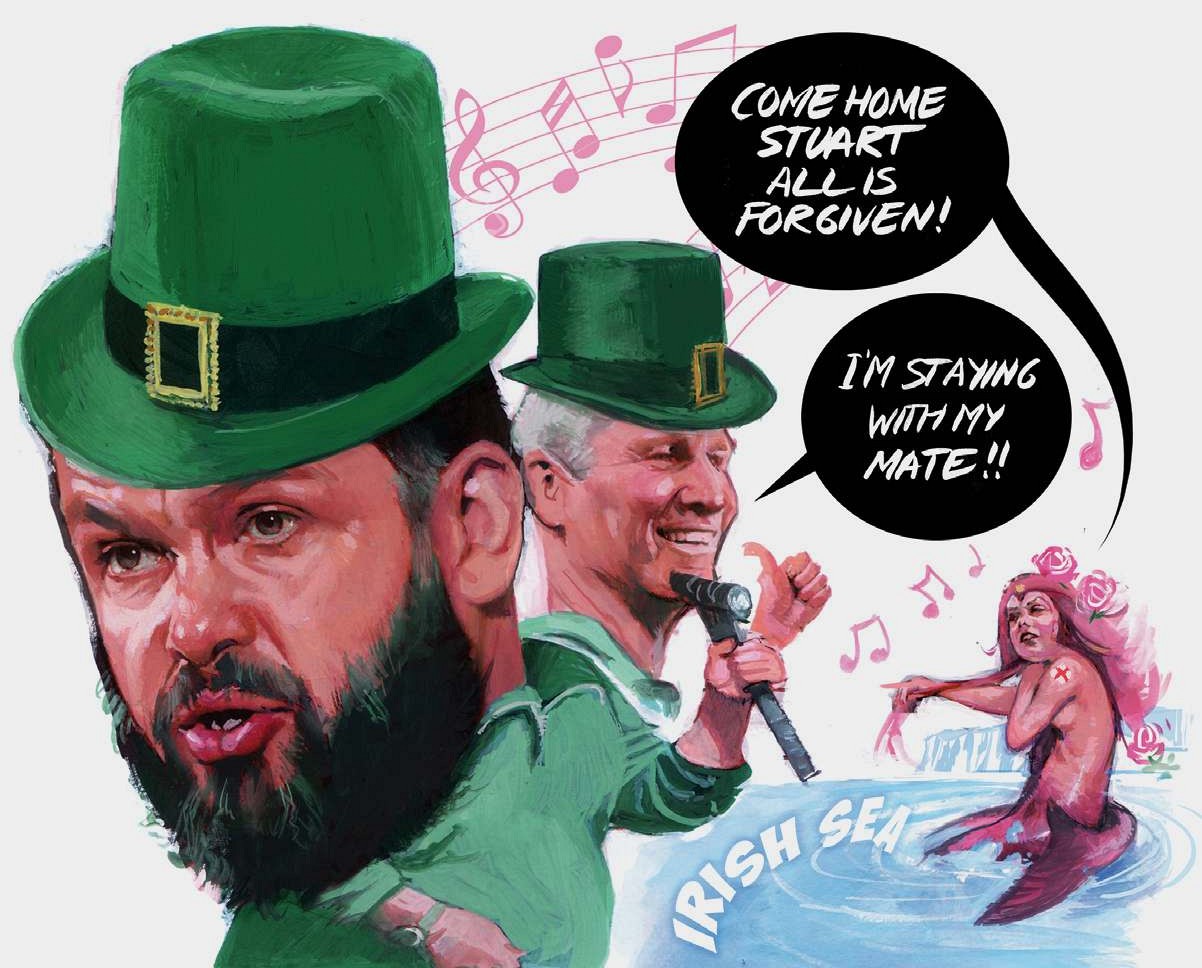It’s who they choose, not howthey coach that counts

Categories: Premiership
Tags: Australia, Bath, Eddie Jones, England, Leinster, New Zealand, Nick Cain, Owen Farrell, Premium, Six Nations, Wales
NICK CAIN
READ HIS EXPERT OPINION EVERY WEEK
THE rehabilitation of Stuart Lancaster and Andy Farrell is in full flow, with former critics falling over each other to heap praise on them. The fawning following their success on the other side of the Irish Sea – Farrell as Ireland defence coach, and Lancaster as Leinster senior coach – even extends to expressions of surprise that the RFU have not hot-footed it to their front doors to ensure their return to Twickenham after the 2019 World Cup.
There is no reason not to wish the former Red Rose coaching duo well in their new ventu...
Continue reading...
Access all our premium content from as little as 14p per day!
Already a subscriber to our website? Login